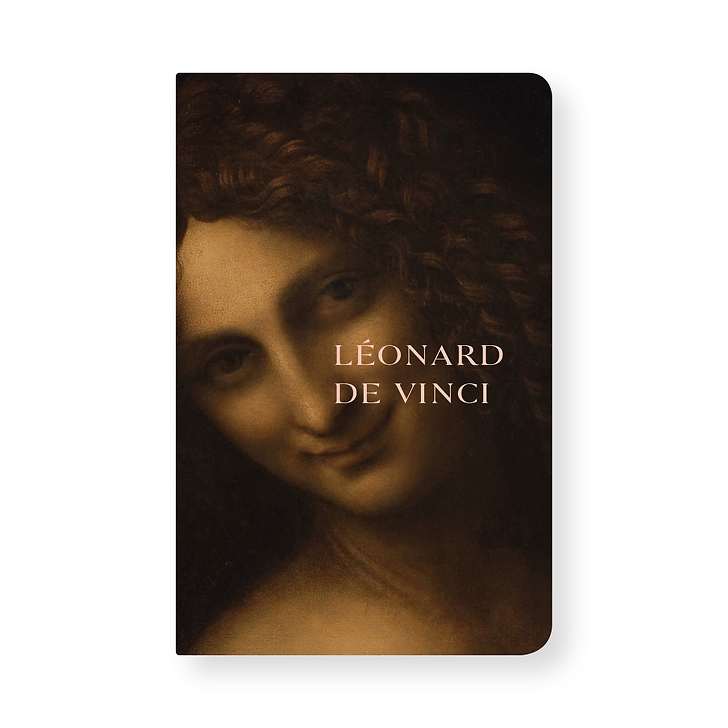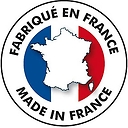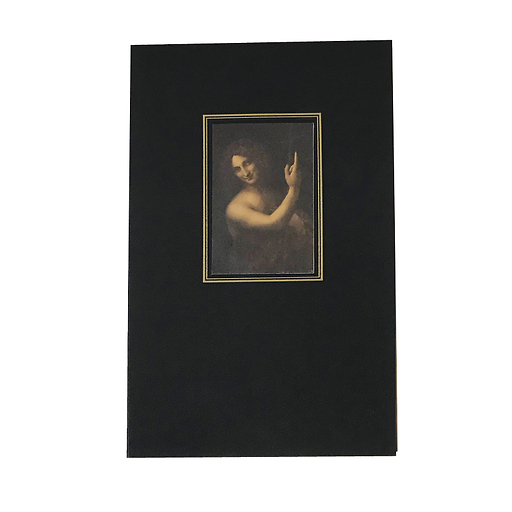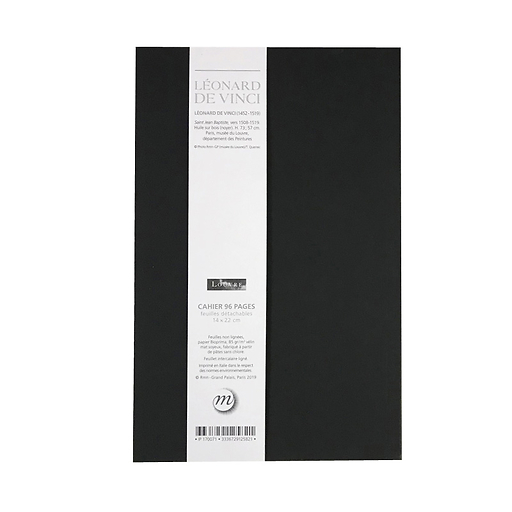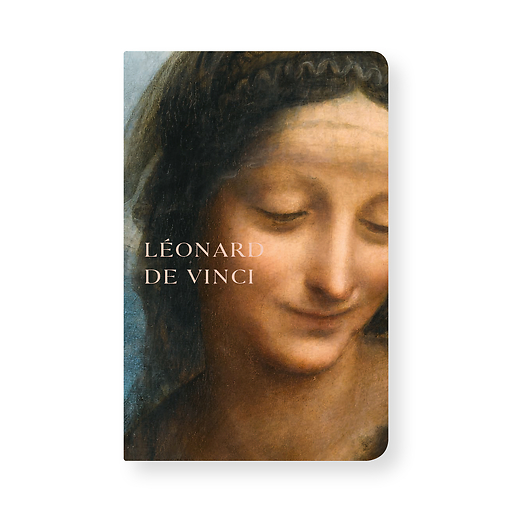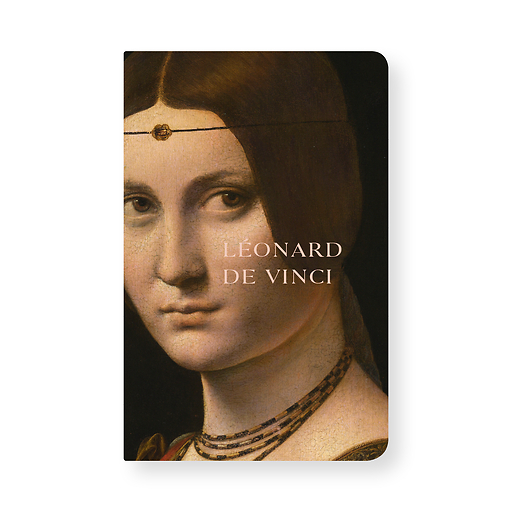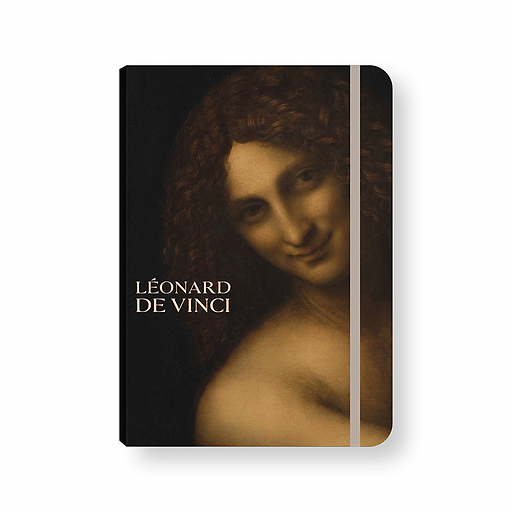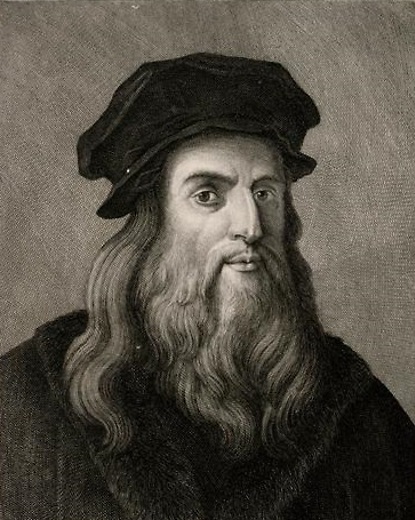Painter, sculptor, architect, scientist, musician and humanist of his time (XV-XVI centuries), initiator of the second Renaissance, Leonardo da Vinci is the very figure of the universal genius. After the completion of The Virgin with the Rocks, for the chapel San Francesco Grande, and that of the Equestrian Statue of Francesco Sforza, he found glory throughout Italy. The Last Supper, the ceiling of the Sforza Palace, the Mona Lisa and the Battle of Anghiari are a few of his great artworks. Leonardo also carried out a large amount of studies on zoology, botany, anatomy, geology. In 1516, he joined the court of Francis I, where he participated in urban planning projects. He is taken by an illness on May 2, 1519.

